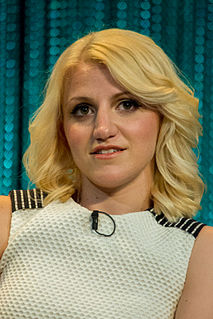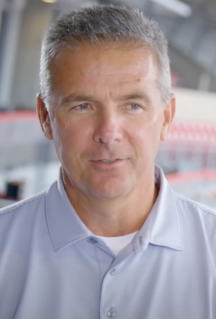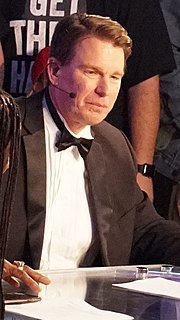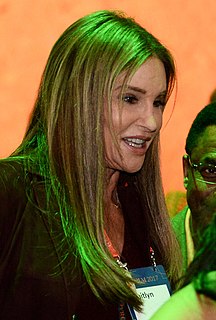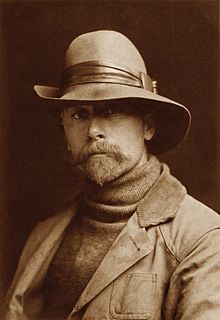A Quote by Alec Baldwin
I know there's an impression that I'm someone who seeks to have violent confrontations with people. I don't. Do I regret screaming at some guy who practically clipped my kid in the head with the lens of a camera? Yeah, I probably do, because it's only caused me problems.
Related Quotes
People are not so dreadful when you know them. That's what you have to remember! And everybody has problems, not just you, but practically everybody has got some problems. You think of yourself as having the only problems, as being the only one who is disappointed. But just look around you and you will see lots of people as disappointed as you are.
We actually found some home videos, some really funny footage of me when I was around 3 years old. I come up to the camera to do a Nixon impression. I don't know who taught me that, but I come up to the camera and said, 'I am not a crook.' I got a really good laugh. You see me register that bringing joy to people is a positive thing.
When I started acting, one of the first things I learned was - especially in Hollywood - was branding. I'm a tall guy. I'm like, 'Yeah, that's probably going to be my foot in the door,' because that's my impression on everybody. I'm an athletic guy, and I think, because I grew up disliking jocks so much, that became, like, the character for me.
Antiwar protestors actually sabotaged and caused a huge amount of damage to military installations and military property during the war. I'm related to someone who caused some of that damage. I mean, it was real. I mean, there was a reason. I'm not defending it, but I'm saying it was not because they didn't like the politics of the protesters. The protesters were violent in a lot of cases.
I have received the digital camera as a blessing. It has really changed my life as a filmmaker, because I don't use my camera anymore as a camera. I don't feel it as a camera. I feel it as a friend, as something that doesn't make an impression on people, that doesn't make them feel uncomfortable, and that is completely forgotten in my way of approaching life and people and film.
Ironically, people who suppress the mini-confrontations for fear of conflict tend to have huge conflicts later, which can lead to separation, precisely because they let minor problems fester. On the other hand, people who address the mini-conflicts head-on in order to straighten things out tend to have the great, long-lasting relationships.
Of course, the camera is a far more objective and trustworthy witness than a human being. We know that a Brueghel or Goya or James Ensor can have visions or hallucinations, but it is generally admitted that a camera can photograph only what is actually there, standing in the real world before its lens.
You carry that through and adapt it to a camera lens, but you're quite right, you cannot be sure of what an audience is going to do. You don't know what's going to happen to the piece you're doing anyway. You don't know how it's going to be edited. There are a lot more unknowns in cinema. But that you have to readily accept. That's when, I think, you have to forget about intellect, to a degree. Intuition is very important when you're working with a lens, I believe, for what the lens is doing, too.



